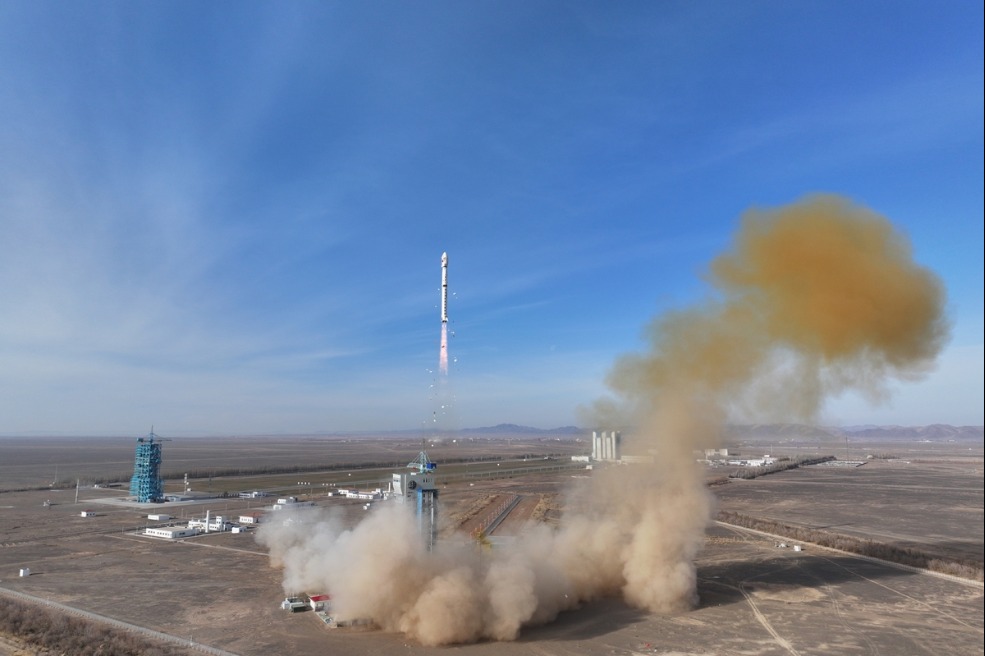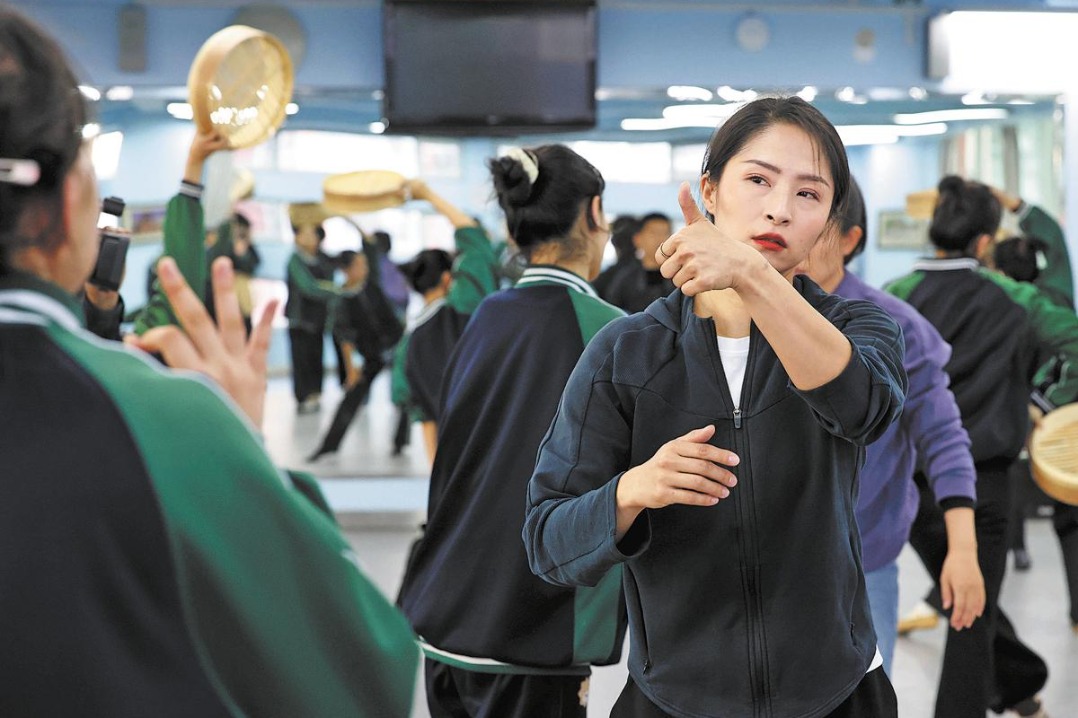Heilongjiang announces quarantine restrictions for drivers, passengers from Beijing

All drivers and passengers in vehicles that come from Beijing or have been in Beijing for more than 12 hours will be advised to return if they arrive in Northeast China's Heilongjiang, the provincial government announced on Wednesday.
According to a statement on strengthening control and prevention of COVID-19, all visitors and returnees from the country's high- and medium-risk areas, as well as those who had contact with six markets in Beijing, including Xinfadi Wholesale Market and Jingshen Seafood Market since May 30, will be required to undergo 14 days of quarantine at hotels and seven days of quarantine at home.
They also will receive four nucleic acid tests and antibody detection before finishing quarantine.
The provincial government also urged all residents to avoid travelling to Beijing.
Except for Beijing, 30 provinces, autonomous regions and municipalities across the country have started taking strengthened epidemic prevention and control measures.
The measures focus on screening information of returnees from Beijing and strengthening their health management, including quarantine observation and nucleic acid testing, as well as carrying out inspections on market environments and commodities.
In addition, Macau authorities announced on Wednesday that all visitors who have visited Beijing in the past 14 days will be placed under 14 days of quarantine at designated sites.
Beijing reported 31 new confirmed domestically-transmitted COVID-19 cases and six new asymptomatic cases on Tuesday, the municipal health commission said Wednesday.
As of Wednesday, four provinces, including North China's Hebei, Northeast China's Liaoning, Southwest China's Sichuan and East China's Zhejiang, have reported confirmed or suspected COVID-19 cases related to patients with the infectious disease in Beijing.
Also, Tianjin, neighboring Beijing, has tightened control measures, including screening and monitoring in transportation hubs, communities and medical institutions, as well as wholesale and seafood markets, said Gu Qing, deputy director for the Tianjin Municipal Health Committee on Wednesday.
Yang Cheng in Tianjin and Ma Zhenhuan in Hangzhou contributed to this story.
- 'Trend' voted word of 2025 across Taiwan Strait
- China issues policy paper on Latin America and the Caribbean
- Share your views on 2026 China's Government Work Report
- HKSAR's 8th LegCo tasked with fostering Hong Kong's development: LegCo president
- Symposium on study, research of Xi Jinping Thought on Diplomacy held in Beijing
- China announces two mandatory national standards for civil drones




































